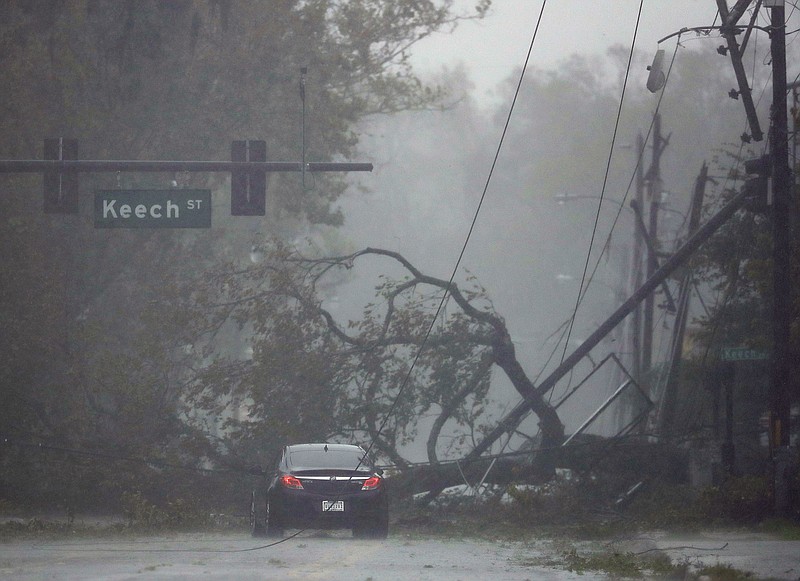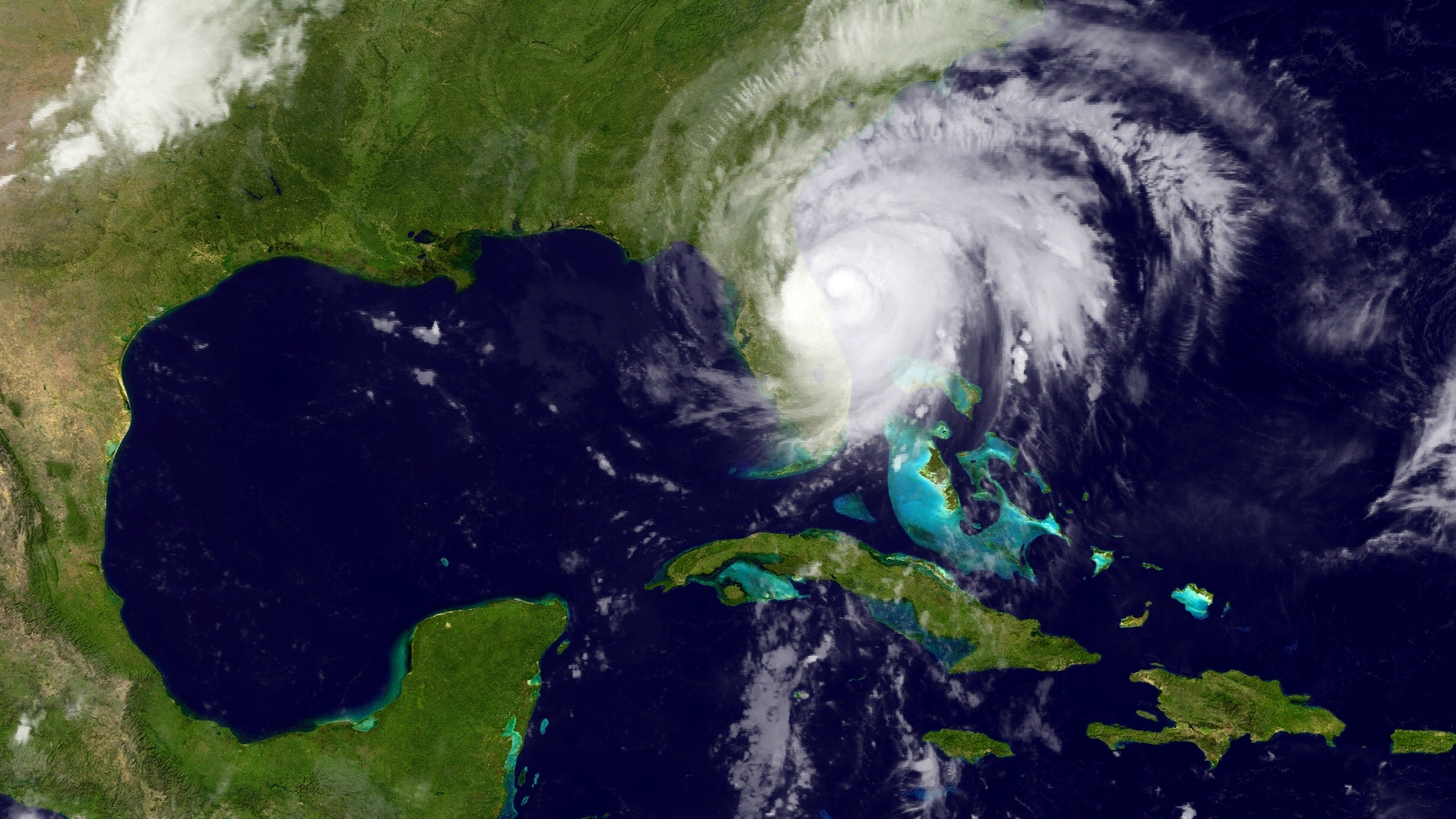As we watch Hurricane Matthew's relentless march up the coasts of Georgia and South Carolina this morning, a handful of long-time public servants continue their red-eyed watch on science and sophisticated monitoring equipment in the National Hurricane Center on the main campus of Florida International University in Miami.
As a part of the National Weather Service and the National Oceanic and Atmospheric Administration, these men and women make up a team of science, technical and administrative specialists whose mission in life is to save lives, mitigate property loss, and improve economic efficiency by issuing the best possible watches, warnings, forecasts and analyses of hazardous tropical weather. Along the way, they strive to improve the public's understanding of hurricanes, tropical storms and cyclones.
They do this by continuously watching and researching weather patterns and storms of the North Atlantic and eastern North Pacific oceans, using wave analyses, satellite data, hurricane hunters, water thermometers, weather balloons and myriad other scientific measuring systems.
Few can argue with their accuracy in recent years, though some have tried - some even suggesting that they and the National Weather Service be privatized.
Perhaps the best known example was the time then-Sen. Rick Santorum, R-Pa., sponsored a 2005 bill aimed at hobbling the National Weather Service's ability to compete with commercial forecasters like AccuWeather. Executives from AccuWeather, based in State College, Pa., - had donated thousands of dollars to Santorum's campaigns over the years, according to Politico.
At the time, Santorum claimed the National Hurricane Center had flubbed its forecasts for Hurricane Katrina's initial landfall in Florida, despite days of on-the-money warnings from the agency subsequently that the storm would strike the Gulf Coast.
In contrast, fellow Republican Sen. Jim DeMint of South Carolina, who was chairing the Senate Commerce Committee's Disaster Prediction and Prevention Subcommittee, called the agency's work on Katrina "one of the most accurate hurricane predictions we have ever seen," Politico pointed out in a 2012 story about the storm Santorum's lost crusade against the National Weather Service brought to his presidential bid that year.
Santorum's bill would not have privatized the Weather Service itself, but rather the dissemination of government weather data. In other words, the Hurricane Center and the Weather Service couldn't broadcast to us what Matthew's path looks like. Instead, AccuWeather or some other commercial service would get access to data we've already paid for and sell it back to us or cable providers or news services, who in turn would charge us for it - again.
Santorum justified double-charging us by empathizing with his corporate donors, saying, "It is not an easy prospect for a business to attract advertisers, subscribers or investors when the government is providing similar products and services for free."
So, the next time you hear some high and mighty Republican extolling the virtues of privatizing some government service that we've already paid millions to refine and provide, remind yourself of the price gouging we're now hearing about in between damage reports out of Florida communities smacked by Hurricane Matthew - the $9- and $10-a-gallon price for gasoline, the $30 bottles of water and the inland hotel rooms that were $50 on Thursday morning and $200 on Friday morning.
Privatizing the National Weather Service and its divisions like the National Hurricane Center would be year-round price gouging.
There should never be an acceptable excuse for making government data flow through profit-making middlemen rather than allowing its release free to those of us who have paid already to make these ever-improving and life-saving forecasts available.

